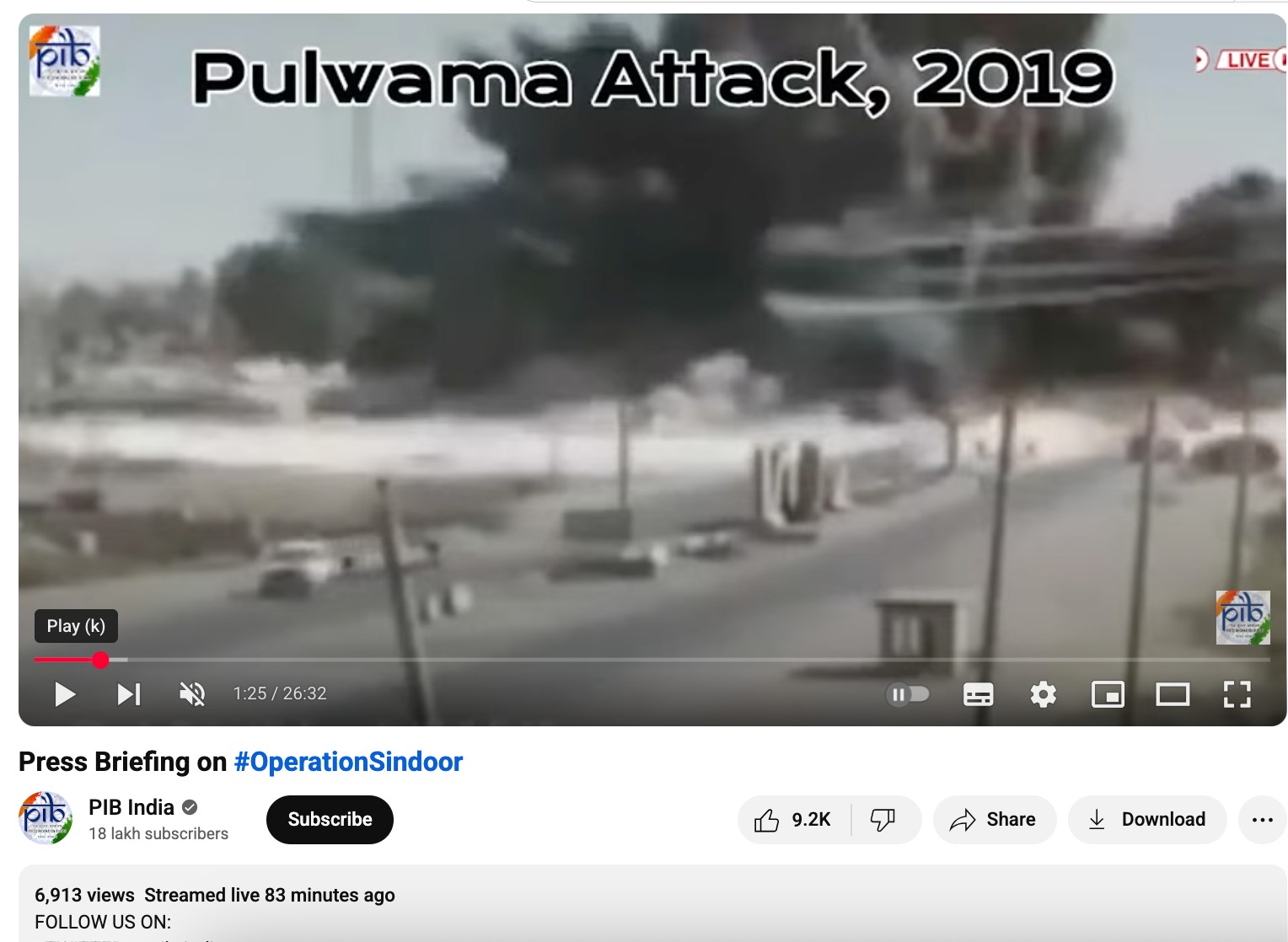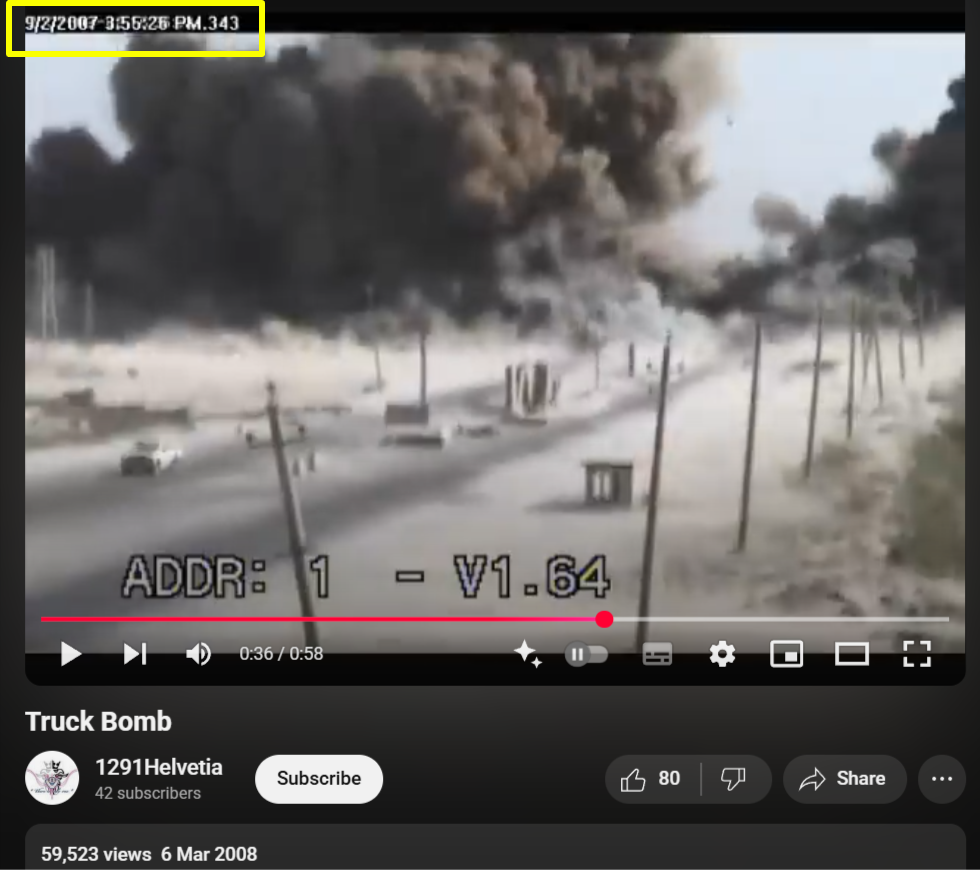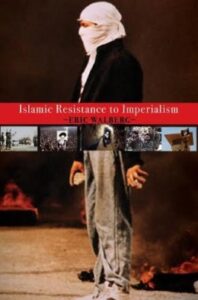“What does it mean to want to belong to an empire?” In answering, he interlaced the concept of belonging during our terrifying political moment — full-fledged war on DEI, First Amendment violations of protesters, and weaponization of American border security against students. His work is a call to action for the literature of dissent at a time when the right to dissent is under attack.
“I came into political consciousness around Asian American causes of rights, identities, and recognitions, which were framed as an issue of anti-racism, access to the United States, and belonging to this country. Over the last couple of decades, I’ve [begun seeing] all those things as subsidiary to a greater cause of decolonization. If we recognize that the political struggles that we’re engaging in should be around decolonization, then we can recognize how these seemingly disparate identities and histories are actually really connected. To connect the causes of civil rights and minority empowerment in the United States to the cause of anti-genocide and pro-Palestinian advocacy reveals how colonization deploys all these things in order to exploit and separate us.” – Viet Thanh Nguyen
I thought it would be an innocuous day, but one where at least some folk I might run into (300 miles I put on the old van) or just to hear on the sly people be talking about the recent genocidal “news”. On beaches, in recycling centers, in coffee shops, on sidewalks, playing pool in pubs, at a book signing and gallery opening and even a benefit concert for a supposedly enlightened community (alternative) radio station, one for which I have a show, Finding Fringe: Voices from the Edge. Here, Kim Stafford, Poet Laureate of Oregon, and it was April 9, and I PUSHED the genocide question with the 75-year-old poet.

Here, this guy, the benefit concert guy.

Going from last back, the concert. Yachats Community Presbyterian Church: “Keith Greeninger paints masterful portraits of humanity using powerful images that come alive with his engaging guitar rhythms and husky vocals. $20 in advance or $25 at the door. 7 pm, 360 W 7th Street. FMI, go to kyaq.org.”
*****
So, these liberals, and the gray hair and droopy eyes, man, and the tie-dye and hippy hats and just that weird old person disheveled look of the sort of Obama- loving “liberal,” well, I was the only keffiyeh-wearing fuck of the day.
I was with a client, one of my other jobs, people with developmental or intellectual disabilities. High functioning, but alas, many of my clients of past always have a simple belief in prayer, a higher male god, America the Beautiful, respect of all laws, and so on.
But these people! No talking about genocide, no talking about more Jewish American/American Jewish-Directed War. Nope. I did hear a few goofy comments about how “cool it was” participating in No Kings Day, and it brought tears to their eyes to be part of that beautiful event.

The revolution will not be in a free speech zone.

Ain’t going to do a fucking thing.

Oh, the Ukraine Nazis:

Costco? That dirty stain is now infecting China:

“We’d like to apologise for the inconvenience caused to our members on our warehouse opening day in Shanghai,” Costco said in a statement posted on WeChat, the Chinese social media platform.
Do you feel that we are doomed? Yep, Israel and their tactical (sick) nuclear weapons have been reportedly used in Middle East**, and they have hundreds more and hundreds more missiles, and here we are, the Chinese so messed up by AmeriKKKa’s run on gigantic quantities of stuff, Costco, well, they are now getting close to the Story of Stuff just like the AmeriKKKans?
*****
In 2021, a scientific report in the prestigious journal Nature confirmed what I had been saying since 2006. “Israel” has, since its attacks on Lebanon in 2006 and those on Gaza in 2008 and 2014, used a new nuclear weapon, one which kills with a high-temperature radiation flash and with neutrons. This weapon, which leaves an identification footprint, but no fission products like Caesium-137, we now know was also employed by the USA in Fallujah, Iraq in 2003, and previously in Kosovo also.
The residues, inhalable Uranium aerosol dust, together with the neutron damage to tissues, cause a range of serious and often fatal health effects that puzzle doctors and defy treatment. Without knowing what caused such effects, which often mimic other illnesses or result in fungal infections that kill, doctors are powerless to help and just watch the exposed individuals die. (Source)

So, this guitar player, Keith, man, it was the same “white guy folk music,” but again, white guy with Christian allusions, you know, all that spirituality, and his song about a woman, yeah.
But … BUT. He fucking yammered on and on and on with Crocodile Tears (just like a Scott Ritter or Joe Biden or George Bush gushes about America the Beautiful) about”this great nation, this day when, yes, we have a great country with two opposing sides today, and whichever person you voted for, well, just shows how great America is and how we all can still agree that there are many great things about this nation, and today, we celebrate our uniformed military, our brave men and women, who have sacrificed in Vietnam and Iraq and Afghanistan to protect our freedoms.”
D-O-N-E. Here is the song somewhere else, and he said almost the same spiel here in Yachats, except he had to deal with the No Kings Day, and he actually thanked the country for the parade, Trump’s orgasmic clown show, thanked our country for celebrating 250 years of our military, though, that is the US Army, man, this is sickness of Chlamydia Capitalism under the glare of the former hippies and their clapping and swaying to the music of the muscle man.
Yeah, I had a choice, man, and here I am with a client next to me, and again, here I am with fellow programmers and the president of the community radio station, and, well, in any other circumstance without the client, hmm, I would have stood up and turned my back on him, at least.
And I have been in that situation before, not standing for the pledge of murder and the national war anthem, and well, I have spoken out at events, and asked the tough questions, and, yep, younger versions of yesterday, berating me.
We left, as it was easy to prompt my client to leave since it had been a long day, 6 am to 8 pm, and he was tired.
The Congress of the Confederation created the current United States Army on 3 June 1784. The United States Congress created the current United States Navy on 27 March 1794 and the current United States Marine Corps on 11 July 1798. All three services trace their origins to their respective Continental predecessors.
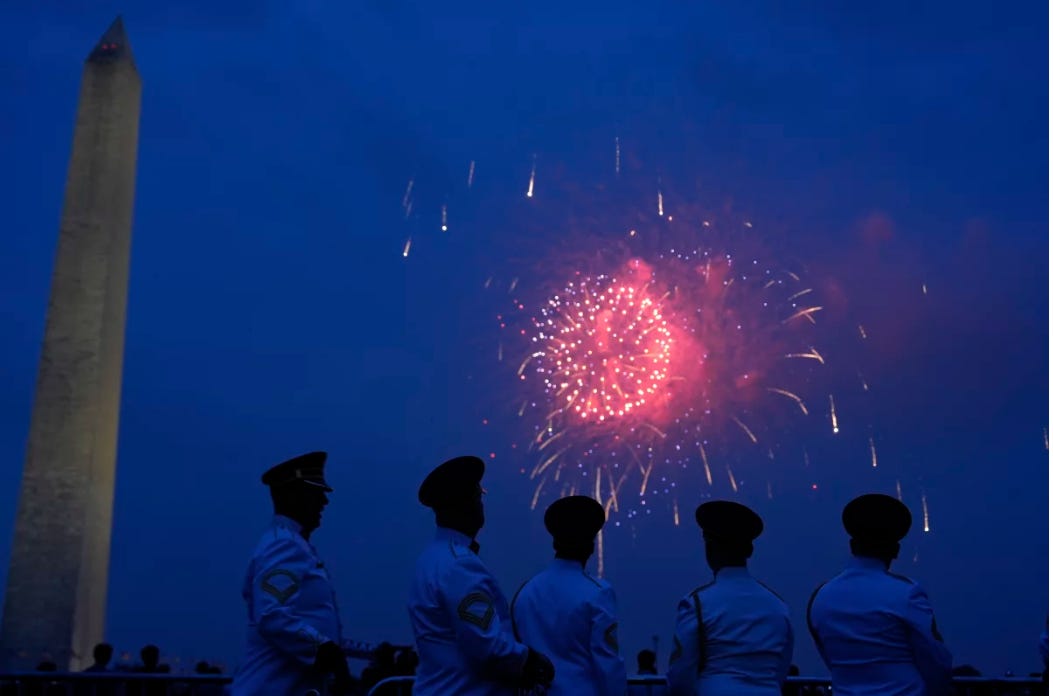
Nothing to be proud of, Sicarios!
Grenade launchers using this technology include the XM29, XM307, PAPOP, Mk 47 Striker, XM25, Barrett XM109, K11, QTS-11, Norinco LG5 / QLU-11, and Multi Caliber Individual Weapon System. Orbital ATK developed air burst rounds for autocannons.
You all like those colors?
Northrup Grumman received a contract from the U.S. Army’s Project Manager for Maneuver Ammunition Systems (PM-MAS) to develop the next generation airburst cartridge for the 30mm XM813 Bushmaster® Chain Gun®. The gun and ammunition function as a system and will provide greater capability for the Army’s up-gunned Stryker Brigade Combat Team fleets.
The 30 mm x 173 mm airburst cartridge will feature a contact set fuze design with three operational fuze modes: Programmable Airburst; Point Detonation; and Point Detonation with Delay. The initial contract will fund the completion of the engineering and manufacturing development (EMD) phase and final qualification by the Army.
Northrop Grumman will also begin deliveries this year of the first airburst type cartridge to support the U.S. Army’s Germany-based, 2nd Cavalry Regiment’s Stryker Infantry Carrier Vehicle (ICV) fleet that were recently ‘up-gunned’ with the company’s 30mm Bushmaster® Chain Gun®. The new airburst cartridge in development also will support additional U.S. Army platforms to include, but not limited to, the future Stryker Brigade Combat Teams.
The newly fielded gun system nearly doubles the range of the platform’s current .50-caliber machine gun. The addition of an airburst cartridge provides a complete family of ammunition that arms the crew to meet the challenges posed by peer and near-peer adversarial threat systems.
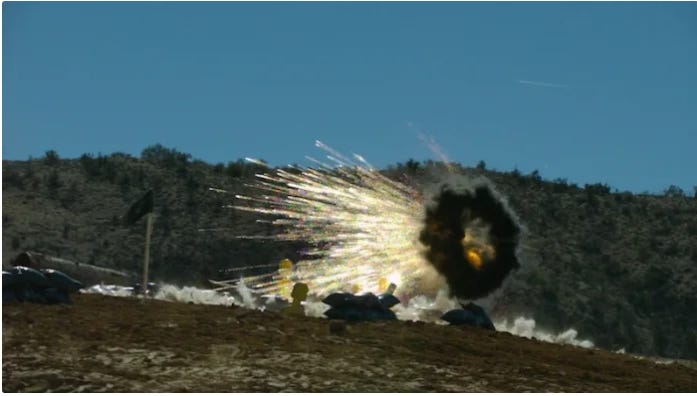
Jewish baptismal: Rights group accuses Israel of hitting residential buildings with white phosphorous in Lebanon
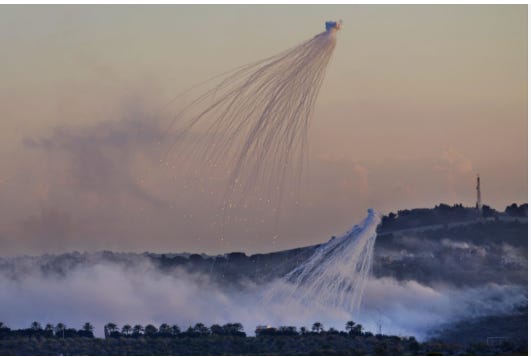
You like that, you dirty dirty rat(s)?

U.S. Air Force aircraft drops a white phosphorus bomb on a Viet Cong position in 1966.

The GBU-39, which is manufactured by Boeing, is a high-precision munition “designed to attack strategically important point targets,” and result in low collateral damage, explosive weapons expert Chris Cobb-Smith told CNN Tuesday. However, “using any munition, even of this size, will always incur risks in a densely populated area,” said Cobb-Smith, who is also a former British Army artillery officer.
Trevor Ball, a former US Army senior explosive ordnance disposal team member who also identified the fragment as being from a GBU-39, explained to CNN how he drew his conclusion.
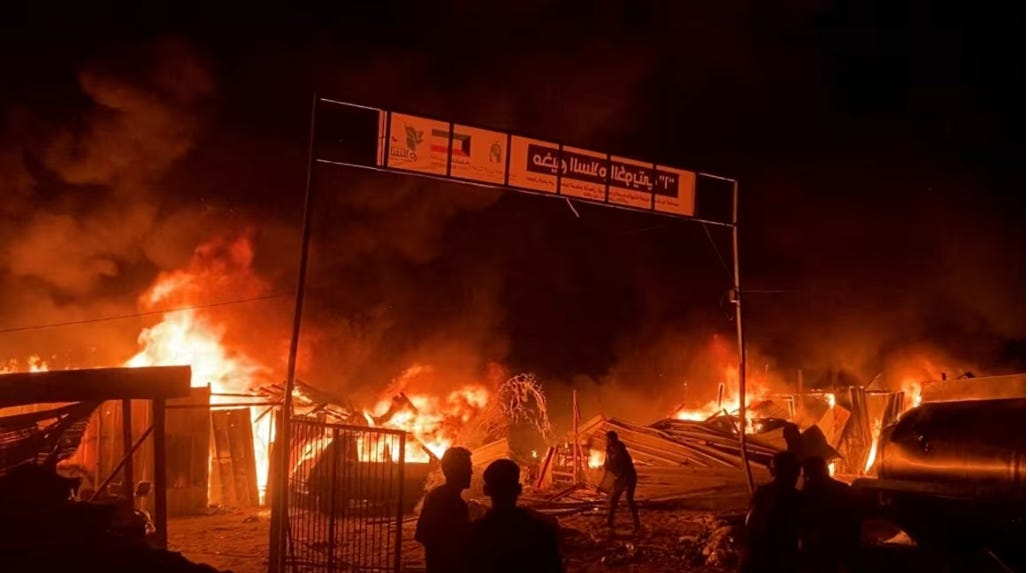
“The warhead portion [of the munition] is distinct, and the guidance and wing section is extremely unique compared to other munitions. Guidance and wing sections of munitions are often the remnants left over even after a munition detonates. I saw the tail actuation section and instantly knew it was one of the SDB/GBU-39 variants.”
Ball also concluded that while there is a variant of the GBU-39 known as the Focused Lethality Munition (FLM) which has a larger explosive payload but is designed to cause even less collateral damage, this was not the variant used in this case.
“The FLM has a carbon fiber composite warhead body and is filled with tungsten ground into a powder. Photos of FLM testing have shown objects in the test coated in tungsten dust, which is not present [in video from the scene],” he told CNN.
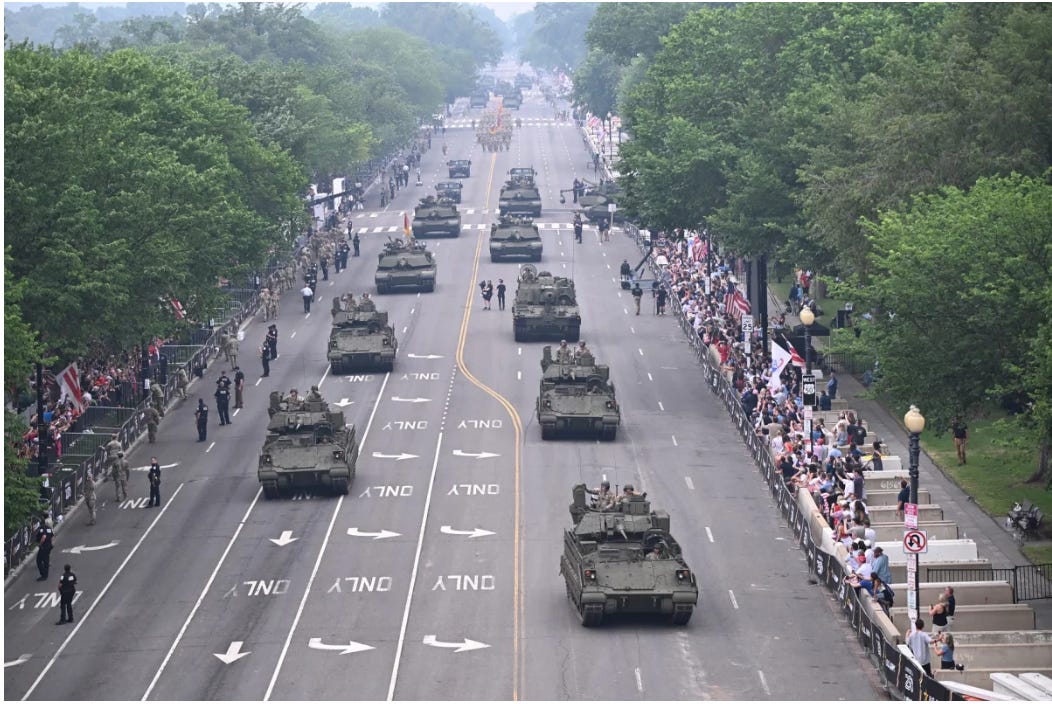
Every war has an iconic and powerful image. The Marines raising the American flag on Mount Suribachi on Iwo Jima boosted U.S. morale in World War II. A nine-year old girl burned by napalm during the Vietnam War became a potent anti-war image.
In the Hamas-Gaza War the image has become premature Palestinian babies struggling to live without incubators.

Some of this rant is precipitated by one of my Substack Subscribers, Bob Enough, his handle, and he’s from the UK:
“Just wanted to comment on the quote by Lawrence – “America is neither free nor brave, but a land of tight, iron-clanking little wills, everybody trying to put it over everybody else, and a land of men absolutely devoid of the real courage of trust, trust in life’s sacred spontaneity. They can’t trust life until they can control it.” – the rest is spot on.
Fortunately or unfortunately, I have been to the US many times on business and pleasure… and whilst there are beautiful places etc. to visit; the whole “culture !!??” and the brainwashed people are absolutely baffling to me. Just a few examples:
1. Met a UK mate over there with his girlfriend. Anyway, whilst talking away, she stated that she was Mexican. Intrigued I asked her “where from” ?, she told me and went on how wonderful it was.
I asked her, “how often she went “home” or back to visit relatives or friends etc….” …. her reply was “I have never been to Mexico” . !!!??????? WTF. She was born and bred by her parents in Houston, Tx.
2. Same bar as 1. above, looked around, US flags EVERYWHERE. Went for a smoke, close to a main road and every shop had a US flag on, even the cars and vans driving past had US flags or US flag bumper stickers on.
Same as Biden, gobbing off he is Irish.
3. Most have no idea of the World outside the US. Stated I was from England to 1 barmaid – she was lost, tried UK, Great Britain, Manchester everything… NO recognition at all … ended up shamefully saying “London” … where her brain popped open and she stated ” OH !!, on the other side of the Hudson river” … I mean.. what can you say to that ?.
4. You can see how they have been divided by their designations like – African Americans, Latino-Americans, Irish Americans etc etc.
Brainwashed, uneducated creatures – the most of them. Continuous wars = “The US has been at war 225 out of 243 years since 1776” … based on 2022 and the relatives and friends are proud when their loved ones are killed in battle for the great US of A…. Mad !
*****
You can read the Substack here: They Just Don’t Get It — Americans are Violent Trash and Jews (most of them here) and ALL of them in Israel and Abroad as Firster’s are Natural Born Murderers
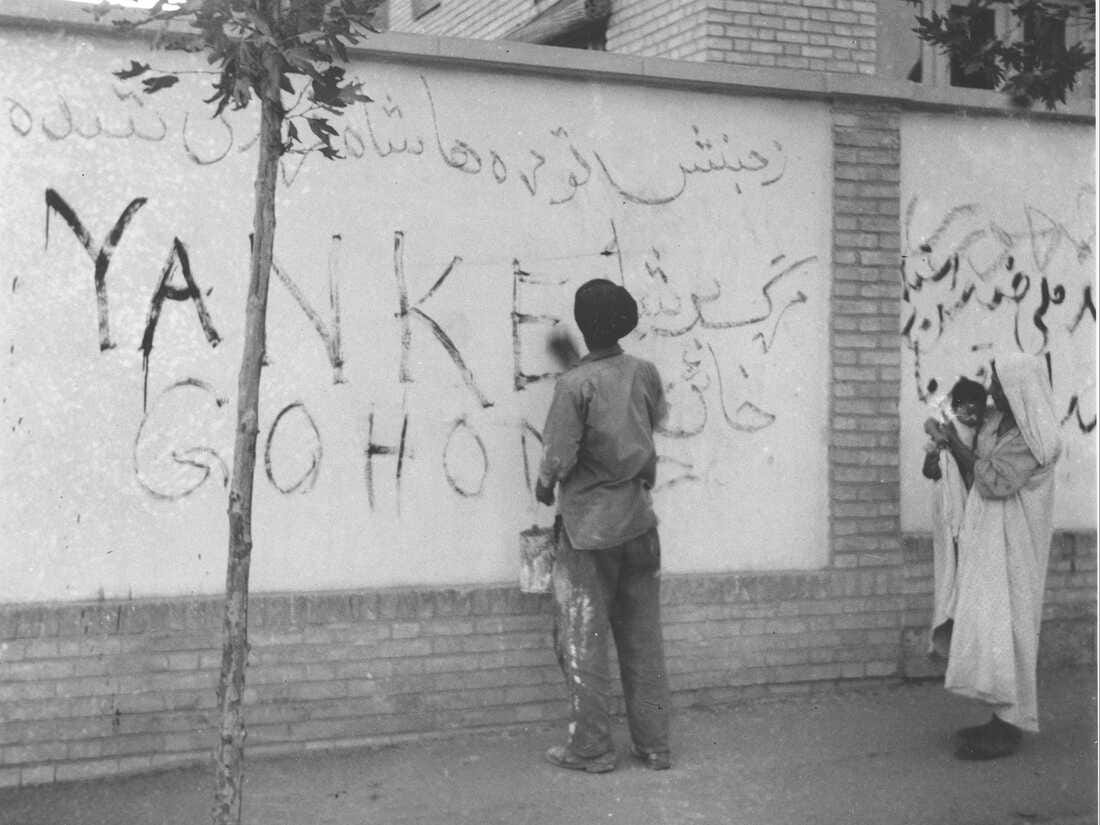
One of my responses to Bob Enough:
Ahh, the Ph.D’s, Bob, and even the diplomats and ambassadors, Bob, have been dumb-downed and lobotomized.
You have a fat happy (sic) un-Culture in the USA, and the place is huge compared to InBred UnUnited QueeDom. The land of great tribes was illegally and unethically and criminally invaded by the rubble of UK and EuroTrash, mostly, and so that is what is spinning in their DNA, that group of fucking freaky group.
Jonathan Kozol studied this, the functional illiteracy of Americans — and I have taught college since 1983 and been a newspaperman since 1976, and so my thumb has been on the pulse of that disaster of 40 percent up to 50 percent of folk not able to read a Time magazine article and discuss it, talk about main points, look at the rhetorical steps in the writing, so, then, here we are in 2025.
Few read books, and while there is traveling, cruise ships and eating and drinking tours, Americans have been McDonaldsified, Walmartified, Disneyfied, NASCARified.
Homo Consumopethicus.
Take a map of the world, and leave in the demarcations, and ask Americanos to at least put down 20 countries, and you will get some bad results. Same with the US map, really bad results. They can’t even put down a dot for their own towns, with that same blank map.
Not sure why you are looking at African Americans and Mexican-Americans as the target here. There are many Latinos who know their national origin, and same with Blacks, but again, dumb-downing is across all ethnic and racial lines.
As Lawrence says — We Americans need to follow the red man’s path, understand the depth of the red man’s cultures.
*****
While the scum buckets of the Trump’s Minyan watched the belching machines of death on the ground and in the air, the belching monsters of Jewish Israel were utilizing those aspirational machines of death:
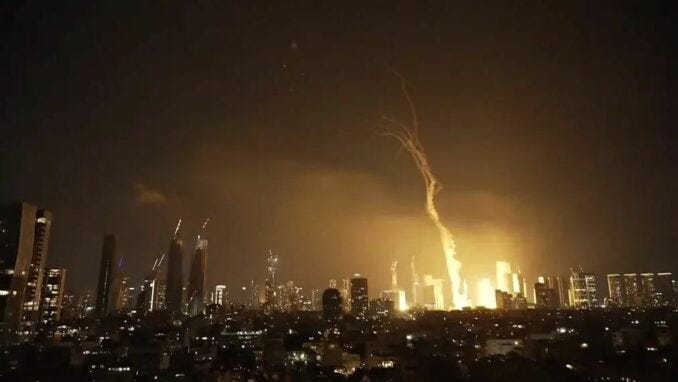
Two months ago, on April 16, the New York Times provided detailed coverage of Israel’s close collaboration with the U.S. military in developing elaborate plans and scenarios to attack Iran. The plans required U.S. help “not just to defend Israel from Iranian retaliation but also to ensure that an Israeli attack was successful. The United States was a central part of the attack itself.” (tinyurl.com/47p3jyn3)
The Times reported that Gen. Michael E. Kurilla, with the blessing of the White House, began moving military equipment to West Asia. A second aircraft carrier, Carl Vinson, was moved to the Arabian Sea, joining the carrier Harry S. Truman in the Red Sea. Two Patriot missile batteries and a Terminal High Altitude Area Defense system (THAAD) were repositioned to West Asia. B-2 bombers, capable of carrying 30,000-pound bombs, essential to destroying Iran’s underground nuclear program, were dispatched to Diego Garcia, an island base in the Indian Ocean.
The U.S. quietly delivered around 300 Hellfire missiles to Israel just days before Tel Aviv’s unprecedented attack on Iran, Middle East Eye has revealed. The transfer took place on June 10 while Washington was publicly signaling readiness to re-engage Tehran in nuclear talks, suggesting prior knowledge and coordination. Two U.S. officials, speaking anonymously, confirmed the shipment and said it marked a significant weapons resupply effort in anticipation of the strike.
The Hellfire delivery had not been previously reported. Meanwhile, U.S. forces were directly involved in intercepting Iranian retaliatory missiles aimed at Israel on June 13, according to Reuters. The scale and timing of the arms transfer now raise serious questions about Washington’s covert support for Israeli escalation, despite diplomatic posturing to the contrary.
In summary, the U.S. military would supply bombs, jet aircraft, intelligence and political cover, as they have for the past 20 months of Israel’s genocidal campaign against the people of Gaza. This is the same essential support the U.S. has provided to Israel for 75-plus years to carry out continuing attacks on surrounding Arab countries.
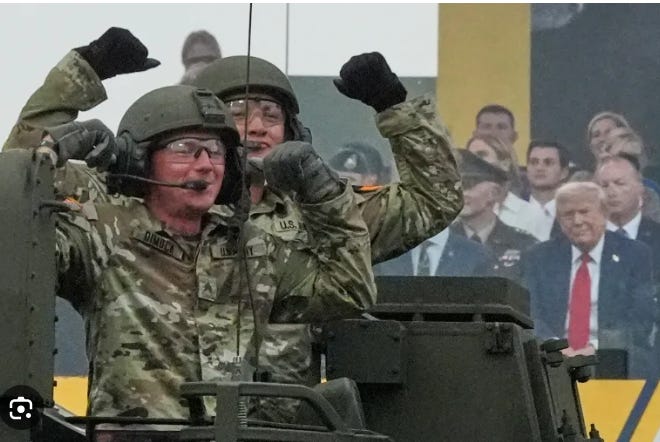

See the celebration for US Army’s 250th anniversary on President Trump’s birthday
Bob Enough — Look at the USA Today propaganda crap above, and there are dozens of photos of those in the deplorable blob loving that dirty dirty rat Trump and Company.
Costco, Machine Guns, and LAWS anti-tank weapons:



Ahh, not as real as the Jews in Israel?




Then, and now:

Army veteran dubbed Queen of Guns reveals firearms are the ‘love of her life’ and feels ‘huge excitements’ every time she pulls the trigger

Ahh, this is fucking absurd. Vietnam?

You don’t hold a military parade to intimidate other countries. You hold a military parade to impress the people who are supporters and intimidate the people who are the opposition.You also hold a military parade to overcompensate for the fact that a lot of your own people hate you. — Viet Thanh Nyugen
Iran’s security establishment still does not understand where they are.
This is an existential regime change war, not a bit of light evening sparring to be conducted in rounds of orderly missile salvos on select military targets.
If they do not switch to a more dynamic and expansive approach which has the possibility of rendering the Zionist entity inoperable, in concert with a wide-ranging assassination programme, the Republic will simply cease to exist in what is to come.
They seem, as has been the case since 2007, fundamentally incapable of even recognising Zionist military strategy, let alone beginning to match it. — David Miller, June 14

Jewish State (Occupied Palestine) even goes after the rappers.
In today’s show, we’ll be exposing the lengths to which Israel and its Western-based assets have gone to cancel critics of the genocidal Zionist colony.
In our first report, Latifa Abouchakra highlights how Kneecap, the Irish hip-hop band, has found itself in the crosshairs of these underhand tactics for speaking out against genocide.
Our next report reveals the duplicitous actions of the long-time music business executive, Paul Samuels, who in 2002 was a co-founder of Love Music Hate Racism.
Iran’s security establishment still does not understand where they are.
This is an existential regime change war, not a bit of light evening sparring to be conducted in rounds of orderly missile salvos on select military targets.
If they do not switch to a more dynamic and expansive approach which has the possibility of rendering the Zionist entity inoperable, in concert with a wide-ranging assassination programme, the Republic will simply cease to exist in what is to come.
They seem, as has been the case since 2007, fundamentally incapable of even recognising Zionist military strategy, let alone beginning to match it.
*****
No nations? It’s an all-too-easy event to mock. It’s hard to keep a straight face when the world’s rich arrive annually in their private jets to the luxury ski-resort of Davos to express their deep concern about growing poverty, inequality and climate change

[This year will be no different. 2500 corporate executives, politicians and a few Hollywood stars are expected to descend this week on Davos to discuss both the growing jitters about the faltering global economy as well as pontificate on the the official theme of the conference, namely the “fourth industrial revolution(external link)” (Think robots, AI and self-driving cars).
The real concern about the WEF, however, is not the personal hypocrisy of its privileged delegates. It is rather that this unaccountable invitation-only gathering is increasingly where global decisions are being taken and moreover is becoming the default form of global governance. There is considerable evidence that past WEFs have stimulated free trade agreements such as NAFTA as well helped rein in regulation of Wall Street in the aftermath of the financial crisis.
Less well known is the fact that WEF since 2009 has been working on an ambitious project called the Global Redesign Initiative(external link), (GRI), which effectively proposes a transition away from intergovernmental decision-making towards a system of multi-stakeholder governance. In other words, by stealth, they are marginalising a recognised model where we vote in governments who then negotiate treaties which are then ratified by our elected representatives with a model where a self-selected group of ‘stakeholders’ make decisions on our behalf.
Advocates of multi-stakeholder governance argue that governments and intergovernmental forums, such as the UN, are no longer efficient places for tackling increasingly complex global crises. The founder of WEF Klaus Schwab says “the sovereign state has become obsolete(external link)”. WEF has created 40 Global Agenda Councils(external link) and industry-sector bodies, with the belief these are the best groups of people to develop proposals and ultimately decisions related to a whole gamut of global issues from climate change to cybersecurity — Davos and its danger to Democracy]
*****
In the famously public-school-suppressed fifth verse of Woody Guthrie’s “This Land is Your Land,” he fired a shot across the bow of the very concept of private property:
“As I went walking I saw a sign there/And on the sign it said ‘No Trespassing’/But on the other side it didn’t say nothing/That side was made for you and me.”
John Lennon asked the world to “Imagine there’s no countries,” because “it isn’t hard to do.”
And in the Dead Kennedys song “Stars and Stripes of Corruption,”
Jello Biafra sang, “Look around, we’re all people/Who needs countries anyway?”
This post was originally published on Dissident Voice.





